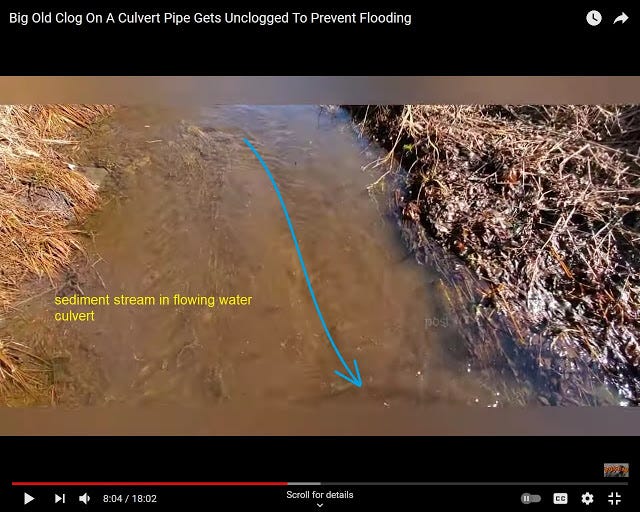Due to the world wide web, the rate of increase of the amassing of knowledge is progressing so quickly that the questions which science presents to the culture are fast becoming the questions - and the resolutions - of spiritual talking points once the exclusive purview of religion. More and more science knowledge is providing - and answering - spiritual conundrums. These resolutions represent the journey of life towards the answer to the essential nature of human existence: our reason for being.
Let me explain:
In 2006 I wrote a piece about the increasing symmetry between science and religion:
To sum it up, the 2006 piece postulates that the rate of the increase in knowledge is filling the gap left when we no longer believe in a god - but instead believe in ourselves, in the journey to resolve unknowns.
Not the unknowns mind you, the Journey.
In the film "Arrival", I believe the creators have reflected my hypothesis.
Arrival (2016) is a film by French Canadian Director, Denis Villeneuve, (screenplay by Eric Heisserer) based on a short story by American computer scientist, technical writer and science fiction/fantasy writer, Ted Chiang.
The film is about the nature of the experience of life.
After watching Arrival in a theatre last night my take is that the story incorporates the Buddhist idea called Nirvana - which argues that by becoming 'at one' with oneself (or at peace within) at any given moment or in any given circumstance, one can attain enlightenment - and from that existential resolution, happiness. In the script
(I haven't read Chiang's sort story yet ... but Chiang's use of the word 'mandalas' to describe the form of the alien's written language suggest an intended Buddhist reference1), this idea is taken one step further. The plot starts with the idea that a person can become at one with a single moment - and then adds in the modern understanding about the nature of time/space derived through an understanding of Einstein's theory of relativity - where-in, if experience stops (if data ceases to be input) then by definition, time stops ... Thus within a state of Nirvana, the temporal quality of our experience - the lineal element - disappears; we are thus at all moments of our existence all at once.
This time/space extension off the idea of Nirvana is the basis of the film - which incorporating the Sapir-Whorf hypothesis (which postulates that the structure of the brain is a function of language) where-in the alien visitors gift humankind their written language which reflects a non-lineal way of realizing the universe; and thus the gift - realized by the main character of the film, who begins to experience her life non-lineally ... and this is what resolves the tension that drives the story in the film.
So the premise of this article is that, due to the functioning of the world wide web, the amassing of knowledge is progressing so quickly that the questions which science presents to the culture are the spiritual talking points once the purview of religion - and the eventual resolution by science are now the resolutions to existential questions the journey which illuminates the essential function of human existence.
You guessed it - the answer to which is 42 (actually the answer is the Journey that discovers that the answer is incomprehensible).
1 (see 'mandalas' reference in this review which points extensively to passages from the book)
Ted Chiang is profiled in the New Yorker magazine by Joshua Rothman and here is the short story ''STORY OF YOUR LIFE'' (excerpted here, scroll down) now a Hollywood movie titled ARRIVAL |
http://northwardho.blogspot.ca/2016/09/ted-chiangs-short-story-story-of-your.html
mh

